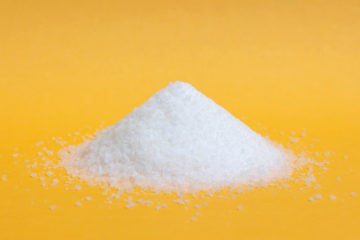

A Statement from the Calorie Control Council June 28, 2019 – Results of an animal study published in the journal Frontiers in Microbiology and entitled Maternal Exposure to Non-Nutritive Sweeteners Impacts Progeny’s Metabolism and Microbiome cannot be extrapolated to humans. The study involved mice as test subjects, which were fed...
Read More
By: Jill Weisenberger, MS, RDN, CDE, FAND -- Time to hit the road! I love a summer road trip, but with it comes lots of extra work. So much to plan and do: where to go, what to pack, what to do. Plus, I have to consider who will watch my...
Read More
By: Jessica Levinson, MS, RDN, CDN -- Is it any coincidence that one of the hottest months of the year is also National Ice Cream Month? I think not! According to the International Dairy Foods Association, President Reagan designated July as National Ice Cream Month in 1984. The President recognized...
Read More
A statement from the Calorie Control Council April 16, 2019 (Updated April 17, 2020) — In response to a 2019 German Federal Institute (BfR) report1 on the stability of sucralose when processed at high temperatures, and the recent publication of the associated literature review2, the Calorie Control Council reiterates that...
Read More
By Rosanne Rust, MS, RDN, LDN February 27, 2019 — Sucralose has been approved for use in our food supply since 1998 and its safety has been validated by several health organizations including the FDA, European Food Safety Authority, the National Cancer Institute, and Health Canada. Over 80 countries have approved sucralose...
Read More
— Neva Cochran, MS, RDN, LD The FDA initially approved sucralose as a tabletop sweetener and for use in several desserts and beverages in 1998 and as a general use sweetener in 1999. It is produced from the disaccharide, sucrose, by replacing three hydroxyl groups on the sucrose molecule with three...
Read More